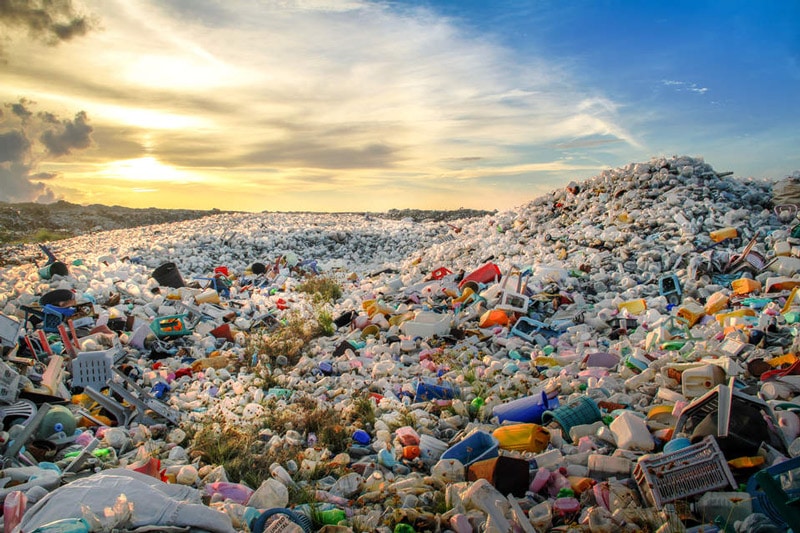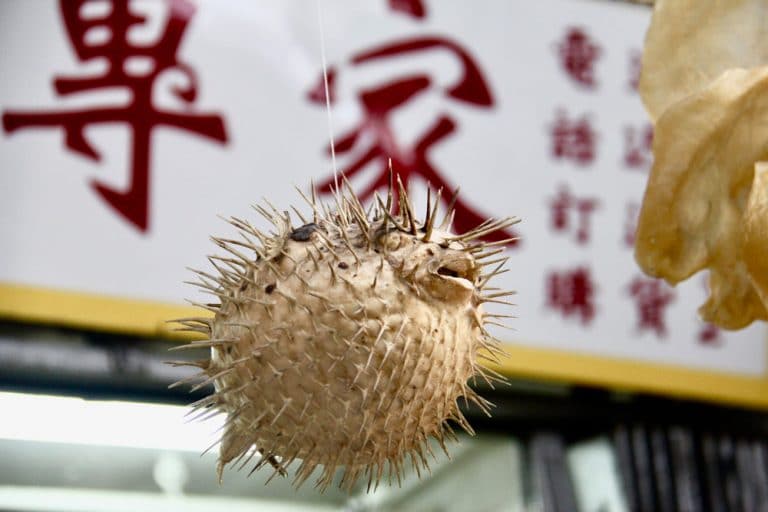COVID-19 effects on climate change
There are many conflicting opinions on whether the coronavirus pandemic is improving or aggravating our fight against the climate crisis. At first, people were quick to celebrate the lockdowns put in place in many countries—they meant less air traffic and impressive CO2 emission cuts. But as time went by, the media started changing its headlines. Despite the economic slowdown, greenhouse gases were still being emitted and recycling schemes put on hold. So, is COVID-19 having a positive or negative impact on climate change?
Cleaner air
The widely-reported benefit of the pandemic has been cleaner air in countries such as China and some European countries. In a matter of months, transport networks and businesses have closed down, which resulted in a sudden drop in carbon emissions. A month ago, the BBC reported that “levels of pollution in New York have reduced by nearly 50 per cent compared with last year” because of the measures put into place in order to contain the virus.
Both China and Northern Italy have also recorded a decrease in nitrogen dioxide, an air pollutant that contributes to climate change. Energy use drastically dropped in China over a two week period. As many experts predicted that COVID-19 would impact CO2 levels for the whole of this year, things looked good for the planet and most people were glad to welcome this tiny bit of positive news. But as we’ve seen more recently, the pandemic has also had some serious negative consequences on climate change.
Increase in household garbage and plastic waste
While people working from home means a decrease in overall emissions, it also results in an increase in electricity use and home heating and a surge in the amount of garbage produced by each household. People stuck at home are increasingly shopping online and ordering food to be delivered to their door, both of which come with a lot of packaging.

Shops and businesses that once preached the use of reusable bags and containers are now advising customers to switch to single-use packaging and bags despite the fact that single-use plastics can still harbour bacteria. At the beginning of March, Starbucks announced that it would temporarily ban the use of reusable cups in its coffee shops.
In other words, the plastic bag ban that was implemented in many countries is no longer being followed in order to slow down the spread of COVID-19, but also because people have ‘more important things’ on their minds right now.
Medical waste is also on the rise
As hospitals become overwhelmed with the increasing number of patients in need of care, the demand for personal protective equipment (PPE) has in turn surged. As a result, COVID-19 is generating tons and tons of medical waste.
According to Bloomberg in The Unexpected Environmental Consequences of COVID-19, during the outbreak hospitals in Wuhan, where the pandemic first broke out, produced an average of over 200 tons of medical waste per day, up from its previous average of less than 50 tons.
Recycling programmes on hold
With more plastic and medical waste being generated, countries have also decided to halt recycling programmes. In the US, some cities have done so as officials are worried about recycling centres potentially spreading the virus. In some European countries, waste disposal options have been paused indefinitely. Of course, the safety of sanitation workers should be our priority, but Italy went as far as banning any infected resident from sorting their waste at all.
So is it good or bad?
Although it is true that the coronavirus outbreak has had one positive effect on our carbon emissions, it would be shortsighted to say that it will improve our environmental impact generally. After the financial crash of 2008 and 2009, global emissions dropped for a year because of the reduced industrial activity but quickly went back up as countries turned to fossil fuel for a quick and easy fix.
Right now, most of us are struggling to breathe as the planet is finally getting a breath of fresh air. And as twisted as it sounds, the worst is yet to come, environmentally-speaking. Once we start coming out of our houses again, the world will have to wake up to another problem: a garbage and recycling crisis.






